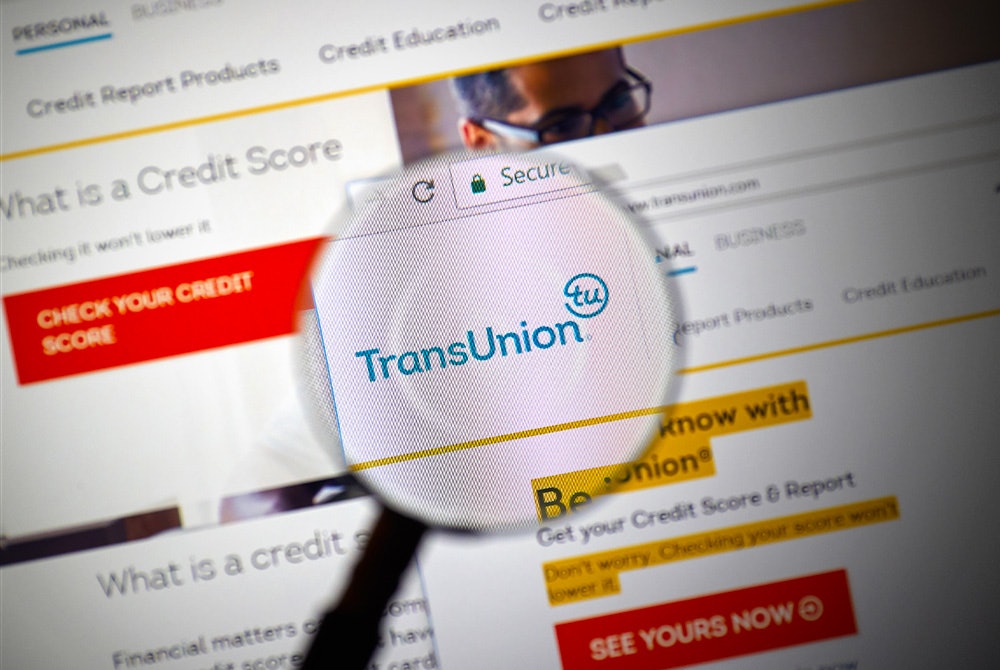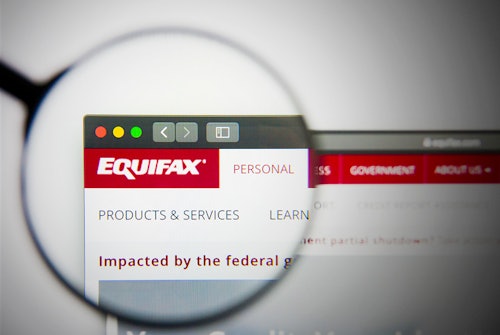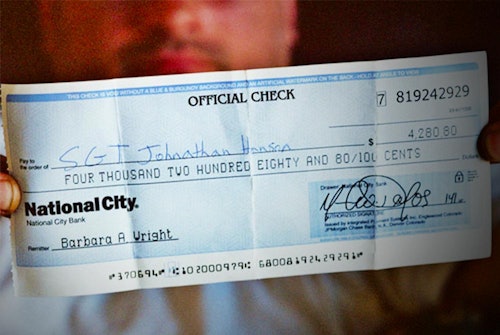- Placing a TransUnion Fraud Alert Online
- Placing a TransUnion Fraud Alert Over the Phone
- Placing a TransUnion Fraud Alert by Mail
- What Happens After Placing a Fraud Alert?
- How Long Does a Fraud Alert Last?
- TransUnion Fraud Alert Vs. Credit Freeze
- Frequently Asked Questions
If you have been a victim of fraud or identity theft or notice suspicious behavior regarding your credit, placing a TransUnion fraud alert can help protect your credit.
There are three types of TransUnion fraud alerts—initial, extended, and active duty—all of which can be placed online, by phone, or by mail.
Additional Documents Required for Extended Alerts
If you are initiating an Extended Fraud Alert, you will need to provide proof of either a police report or a completed identity theft report from the Federal Trade Commission (FTC).
Placing a TransUnion Fraud Alert Online
The easiest way to file a fraud alert with TransUnion is online. You will either need to log in or create a TransUnion online account first.
To create an account, you will need to enter your:
- Name
- Address
- Phone number
- Date of birth
- Last four digits of your Social Security number (SSN)
Once logged into your TransUnion account, click on “Add Fraud Alert” and follow the instructions.
Placing a TransUnion Fraud Alert Over the Phone
You may also initiate a TransUnion fraud alert by calling TransUnion at (800) 680-7289. Again, you’ll need to provide personal information, including your:
- Name
- Date of birth
- Social Security number
Placing a TransUnion Fraud Alert by Mail
Mail your written request for a TransUnion fraud alert to:
TransUnion Fraud Victim Assistance
PO Box 2000
Chester, PA 19016
You will need to include your name, address, and Social Security number (SSN) in your letter.
TransUnion
It's important to verify links and contact details to beat imposters.
What Happens After Placing a Fraud Alert?
After you place a TransUnion fraud alert, TransUnion will contact the other two major consumer credit reporting agencies (Equifax and Experian), so they can also place the fraud alert in their systems. You do not need to contact each of the agencies separately.
Now with the fraud alert in place, any business checking your credit report will be notified to contact you directly to verify it is a legitimate credit inquiry before moving forward.
It is crucial to make sure your phone number and contact information at TransUnion are both current if lenders need to get in touch with you.
If you need to remove or extend your fraud alert at any time, you can do so:
- Online
- By calling TransUnion at (800) 680-7289
How Long Does a Fraud Alert Last?
TransUnion has three different kinds of fraud alerts:
- Initial: 1 year
- Extended: 7 years
- Active-duty military: 1 year
All fraud alerts can be extended or canceled at any time.
In 2020, the Federal Trade Commission (FTC) recorded more than 2.2 million fraud reports and 1.4 million reports of identity theft. The types of fraud are integrally connected. In cases of identity theft, most complaints filed with the FTC also involve an attempt to open up a new credit account.
TransUnion Fraud Alert Vs. Credit Freeze
A TransUnion fraud alert notifies any lenders looking at your credit report to take extra precautions to confirm the inquiry is legitimate before issuing credit. If you have an active TransUnion fraud alert, a lender may call you directly or send you a notice to verify it wasn’t a fraudulent inquiry.
A credit freeze, on the other hand, locks down your credit report. New lenders will not be able to view it. Even if you are the one trying to apply for credit, you will need to remove the freeze first. A credit freeze will stay active on your credit report with TransUnion until you choose to lift it.
There’s one other significant difference between a credit freeze and a fraud alert. When you notify TransUnion about a fraud alert, they will automatically notify Experian and Equifax on your behalf to let them know about it. However, when you request a credit freeze from TransUnion, you still need to request freezes from Equifax and Experian separately and directly.











Comments